china labor forum in brussels
via Chinaworks:
China 2007: Labour law and workers’ movement.“Fundamental changes or window-dressing ?”THURSDAY 21 JUNE 2007 - BRUSSELS
** Location and schedule coming soon **
The Chinaworks Platform and Brussels China Forum kindly invite you to a seminar and a series of debates on the proposed Labour Contract Law and recent developments in the Chinese workers’ movement.We are glad that we will be able to present a select panel of experts.
Prof. CHANG Kai, Renmin University Beijing, chief editor of the draft Labour Contract Law.Written labour contracts are not yet an acquired right in Chinese labour relations. This new law strengthens the protection of Chinese workers’ rights. It stipulates that a labour contract shall be concluded in written form. Probationary periods will be limited in time. Early termination of fixed-term contracts will be limited, mass layoffs must be agreed with the Chinese union. The strongest opponent to the legislation turns out be the American Chamber of Commerce in Shanghai which threatens to “reconsider new investment or suspend its activities in China”.
Prof. Jude HOWELL, Sussex University Brighton U.K., author of “New democratic trends in China? Reforming the All-China Federation of Trade Unions - IDS Working Paper 263, March 2006”.In this working paper the author thoroughly examines the impact of direct grassroot elections of trade union representatives on the reform of China’s trade union ACFTU.The last few years there has been a lot of pressure on the ACFTU to react to the excesses ensuing from the transition to a free(er) market. The Chinese state trade union seems to evolve cautiously into a free trade union like the ones we know over here.
Prof. Anita CHAN, Australian National University, more than 25 years of research on working conditions in China.29 July 2006, Quanzhou City, province of Fujian, China. In the middle of the night about forty employees of both night and day shifts assemble. One common goal: setting up a trade union branch at their store, a branch of the world’s number one retailer Wal-Mart. At 6.30 a.m. Ke Yulong, an employee in the meat-packing department, declares that the very first union branch at Wal-Mart has been founded. Nowhere in the world does this American superstore chain allow trade unions, except in China. For a few months now, in its 66 Chinese branches Wal-Mart has had to put up with trade unions.
Chinaworks Platform is a brand-new partnership of trade unionists, critics of globalization, journalists and experts working together to stimulate the development of a more comprehensive and correct picture of contemporary China.This seminar takes place in cooperation with The Brussels China Forum, a leading discussion platform that addresses pertinent issues relating to China’s transition. BCF is a BICCS (Brussels Institute of Contemporary China Studies) initiative at the Vrije Universiteit Brussel.

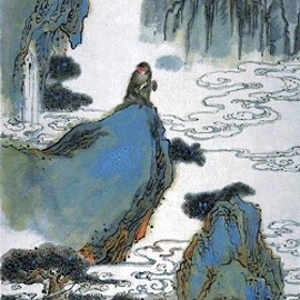 "Revolutionaries are
"Revolutionaries are 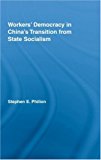
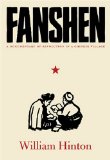
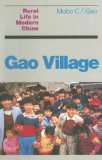
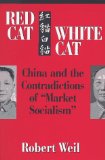
Leave your response!